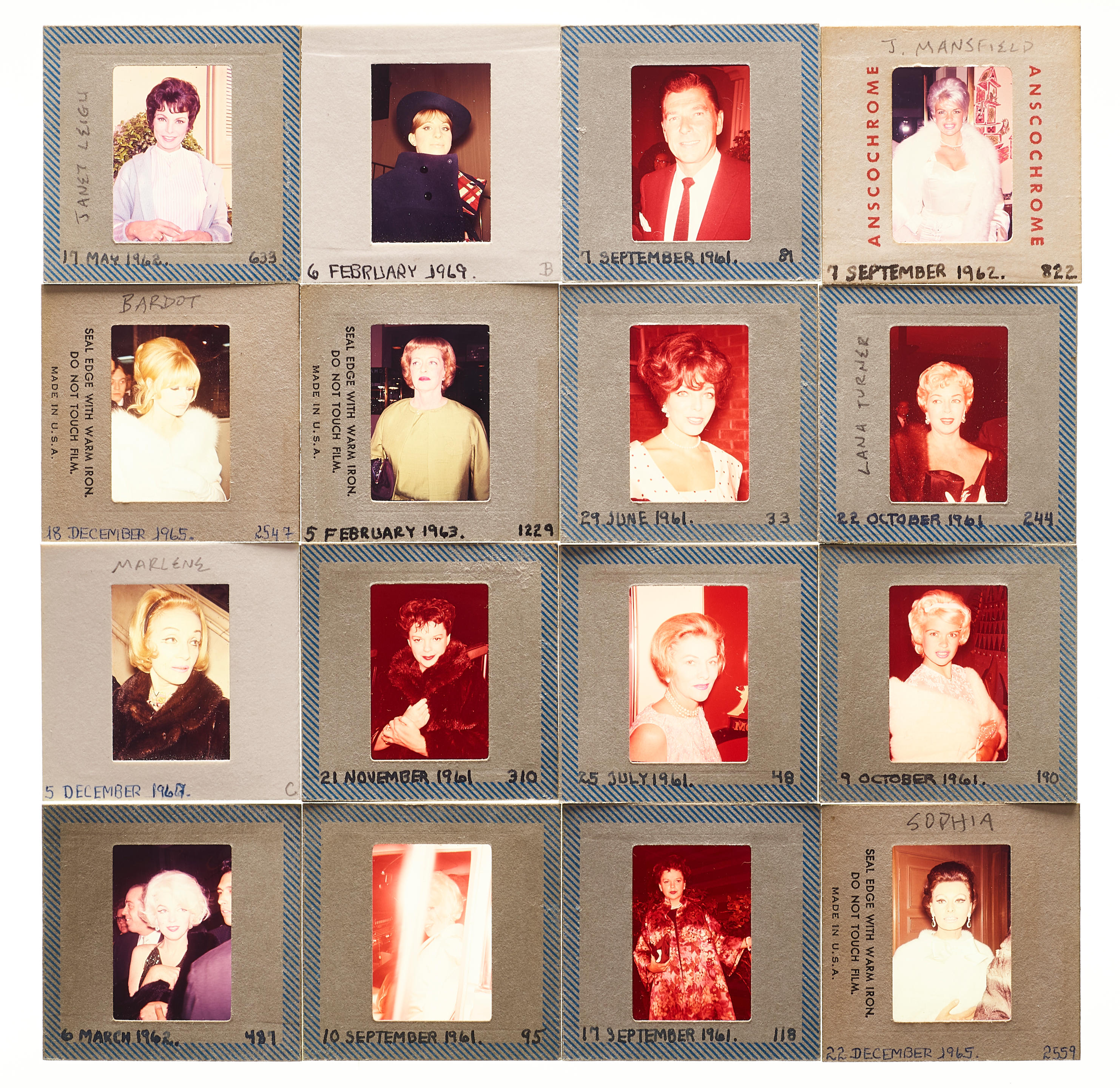KENNEDY, John F. Extensive autograph notes and memoranda, probably regarding a meeting, on a typed note from an aide, n.p., [14 May 1963]. Approximately 100 words on front and back of a 1 page letter, in pencil and pen, with transcript. KENNEDY'S THINGS TO REMEMBER: "RICKOVER PROPOSAL," "NATO MEETING," "CIVIL RIGHTS LEGISLATION." Approximately six months before his assassination, John F. Kennedy writes a series of notes upon a memo sent to him by Walter Heller. The notes appear to be a list of important topics, perhaps in preparation for, or noted during, a meeting. On the front of the letter he writes, "Rickover proposal for site tests Special report of physical fitness reprints in W.H. Huntington Hartford Trip." On the back, the list is in two columns. In the first, he notes the following; "1. Warneke on Library 2. Building of U. of A. Ed Murrow 3. Effect of cut off in air travel - has limit reason effect on air as compared to theory Why is CAB "boring" in information NATO Meeting - Greece - force levels Analysis of F.E.C. - was it multi-lateral." In the second column he has written, "Same excuses for Smith meeting Smith's outline of M.L.F. American airlines by Douglas, investment in another plane Sub to Japan? Civil Rights legislation Rise of random village for T.V." A primary concern during the Kennedy Administration was foreign policy, specifically, the spread of Communism and the threat of nuclear war, particularly after the Cuban Missile Crisis of October 1962. The MLF that Kennedy refers to was the multilateral NATO force which, in Kennedy's Plan, shared a common nuclear arsenal. Rickover's suggestions of test sites may have been a foundation for the creation of the Nuclear Test Ban Treaty which Kennedy signed in July of 1963. By 1963, Kennedy was also taking a stronger stand against segregation in the South and civil rights violations. In late May, the President faced a showdown over the desegregation of the University of Alabama and promptly settled the issue by using the national guard to escort students into the school. Kennedy followed this with a powerful speech in which the goal of his administration was made explicit: "every American ought to have the right to be treated as he would wish to be treated, as one would wish his children to be treated" (Schlesinger, A Thousand Days , p. 880).
KENNEDY, John F. Extensive autograph notes and memoranda, probably regarding a meeting, on a typed note from an aide, n.p., [14 May 1963]. Approximately 100 words on front and back of a 1 page letter, in pencil and pen, with transcript. KENNEDY'S THINGS TO REMEMBER: "RICKOVER PROPOSAL," "NATO MEETING," "CIVIL RIGHTS LEGISLATION." Approximately six months before his assassination, John F. Kennedy writes a series of notes upon a memo sent to him by Walter Heller. The notes appear to be a list of important topics, perhaps in preparation for, or noted during, a meeting. On the front of the letter he writes, "Rickover proposal for site tests Special report of physical fitness reprints in W.H. Huntington Hartford Trip." On the back, the list is in two columns. In the first, he notes the following; "1. Warneke on Library 2. Building of U. of A. Ed Murrow 3. Effect of cut off in air travel - has limit reason effect on air as compared to theory Why is CAB "boring" in information NATO Meeting - Greece - force levels Analysis of F.E.C. - was it multi-lateral." In the second column he has written, "Same excuses for Smith meeting Smith's outline of M.L.F. American airlines by Douglas, investment in another plane Sub to Japan? Civil Rights legislation Rise of random village for T.V." A primary concern during the Kennedy Administration was foreign policy, specifically, the spread of Communism and the threat of nuclear war, particularly after the Cuban Missile Crisis of October 1962. The MLF that Kennedy refers to was the multilateral NATO force which, in Kennedy's Plan, shared a common nuclear arsenal. Rickover's suggestions of test sites may have been a foundation for the creation of the Nuclear Test Ban Treaty which Kennedy signed in July of 1963. By 1963, Kennedy was also taking a stronger stand against segregation in the South and civil rights violations. In late May, the President faced a showdown over the desegregation of the University of Alabama and promptly settled the issue by using the national guard to escort students into the school. Kennedy followed this with a powerful speech in which the goal of his administration was made explicit: "every American ought to have the right to be treated as he would wish to be treated, as one would wish his children to be treated" (Schlesinger, A Thousand Days , p. 880).









.jpg)





Try LotSearch and its premium features for 7 days - without any costs!
Be notified automatically about new items in upcoming auctions.
Create an alert